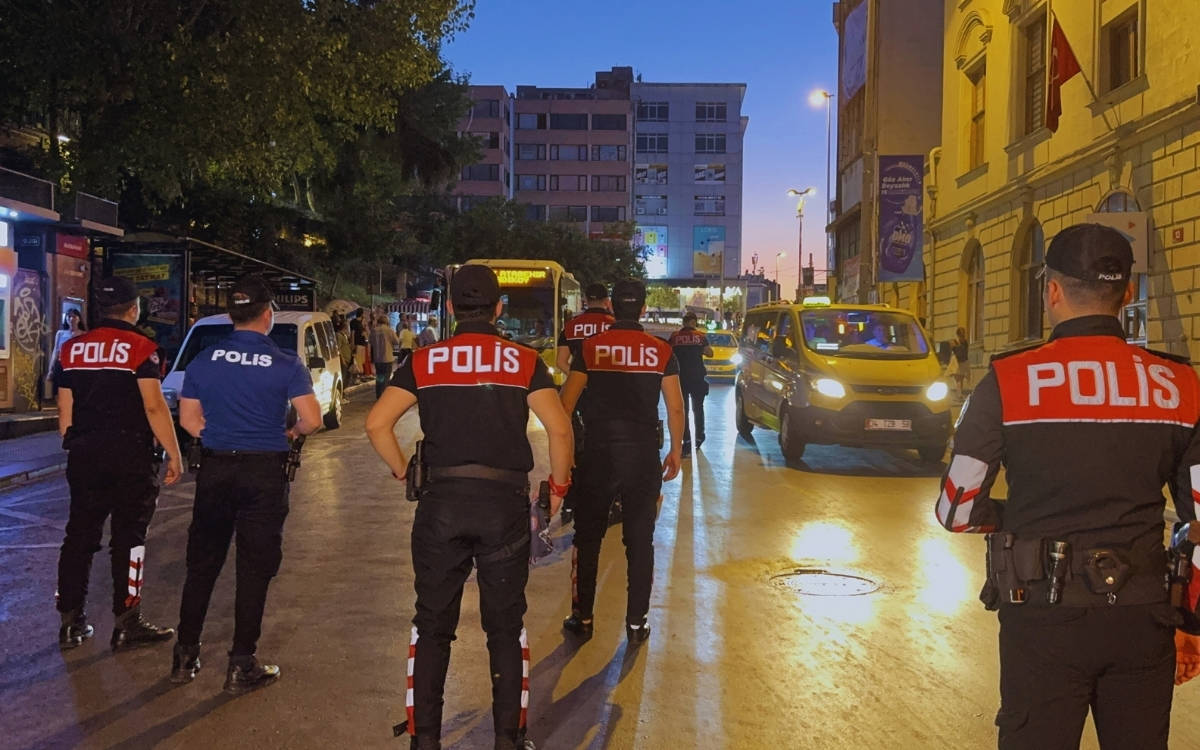Physical Address
Indirizzo: Via Mario Greco 60, Buttigliera Alta, 10090, Torino, Italy
Physical Address
Indirizzo: Via Mario Greco 60, Buttigliera Alta, 10090, Torino, Italy


İstanbul police carried out a large-scale ID check operation late yesterday as part of a routine security sweep dubbed “Peace İstanbul,” performing ID checks on 336,165 individuals and detaining 835 as a result, according to the authorities.
The operation was conducted between 8 pm and 11.50 pm across 208 checkpoints. Around 3,000 officers participated in the effort, which was supported by a police helicopter and five patrol boats from the marine police unit.
The İstanbul Security Directorate said the inspections were aimed at maintaining “public order and safety” and emphasized that these operations would “continue with determination.”
However, the increasing normalization of such security practices in daily life causes concerns among residents about a growing culture of surveillance.
The practice of conducting ID checks, formally known as “general information scanning” or shortly GBT, on individuals solely based on their appearance or location, without any concrete suspicion, has raised human rights concerns. The high volume of these checks has also triggered questions about the protection of personal data.
In poorer neighborhoods, ID checks are frequently directed at young men and migrants. Members of the LGBTI+ community, including transgender women working on the streets, are also reportedly subjected to arbitrary identity checks. These operations often include verifying the temporary protection status of migrants, and in some cases, result in mass transfers to removal centers, potentially violating the principle of non-refoulement.
Muammer Aydın, who served as the president of the İstanbul Bar Association between 2008 and 2010, raised concerns about the legality of GBT checks in a letter addressed at the time to the İstanbul Provincial Human Rights Board at the time. He argued that these practices violated Article 5 of the European Convention on Human Rights (ECHR), which protects the right to liberty and security.
The letter stated that repeated encounters with ID checks at the same locations left citizens feeling degraded and humiliated, restricted their freedom of movement, and imposed financial burdens. “These violations occur within the subjective responsibility of the state in everyday practices,” Aydın wrote. “No matter what they are called under domestic law, such widespread practices constitute a violation under international human rights standards. Forcing individuals to pass through areas where they may be subjected to GBT checks three to four times a week is a clear breach of the requirement that restrictions on rights comply with the traditions of a ‘democratic society,’ as outlined in the ECHR.”
He added that similar practices are not found in Western European countries with long-standing democratic traditions. (TY/VK)